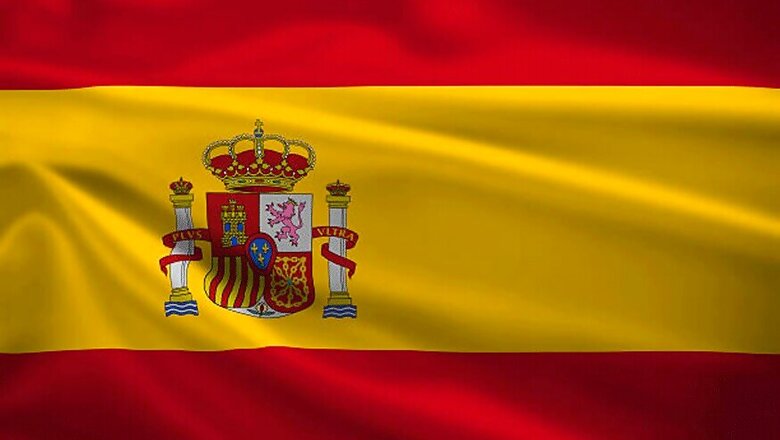
views
Madrid: A Spanish court on Friday ordered former IMF head Rodrigo Rato to stand trial for fraud over the failed 2011 listing of Bankia, a bank he led which later needed rescuing by the state.
Rato, a former Spanish economy minister, is accused of falsifying information about Bankia's finances to encourage investors to buy into its stock market listing.
He will stand trial along with over 30 other former Bankia executives for investor fraud and for falsifying 2010 and 2011 accounts, Spain's High Court said in its ruling. Bankia was bailed out in 2012, less than a year after it was listed, and tens of thousands of small investors who had converted their savings to shares lost everything.
The near-collapse of Bankia almost brought down Spain's whole financial sector, which was bailed out later that year by international creditors for 41 billion euros ($48 billion). Last year, the Supreme Court ruled that "serious inaccuracies" in the information provided by Bankia misled investors.
Public prosecutors have asked for Rato, 68, to be given a five-year jail sentence.
They have argued that as the bank's "main executive," he was "fully aware of the inconsistency of the Bankia project and of its financial weakness" but still gave the green light for the listing.
The court will also put Bankia itself on trial as well as its parent company BFA over the failed listing. Bankia was created by merging seven regional savings banks, part of a financial sector shake-up brought on by the collapse of a construction boom that dragged Spain into recession.
Last year, the bank said it had paid out 1.2 billion euros in compensation to 190,000 small investors, but added it still had about 30,000 claims pending.
Rato was sentenced in February to four years and six months in a separate case for misusing funds when he was the boss of Bankia, and Caja Madrid before that.
Rato and the other executives were accused of having paid for personal expenses with credit cards put at their disposal by the lenders, without ever justifying them or declaring them to tax authorities.
These expenses included petrol for their cars, supermarket shopping, pricey holidays, luxury bags or parties in nightclubs.
The case caused an outrage in Spain, where it was uncovered at the height of a severe economic crisis that left many people struggling financially -- made all the worse because Bankia later had to be nationalised.
Rato denied any wrongdoing and said the credit cards were for discretionary spending as part of executives' pay. He was economy minister and deputy prime minister in the conservative government of Jose Maria Aznar from 1996 to 2004, before going on to head the International Monetary Fund until 2007.




















Comments
0 comment